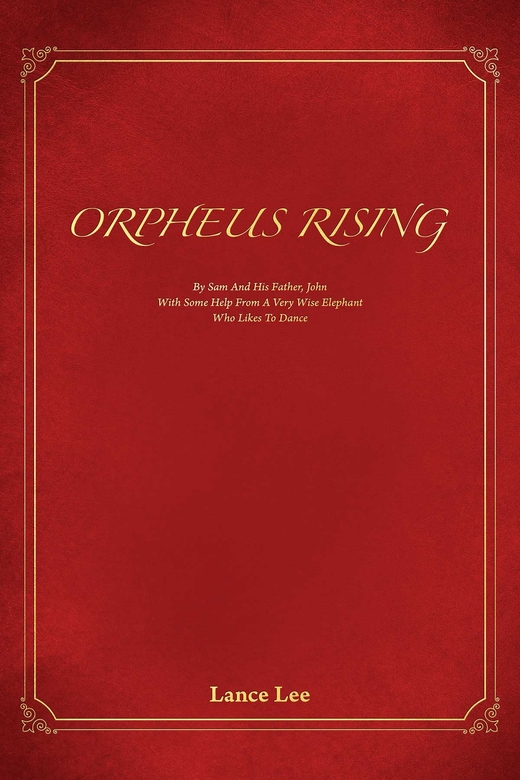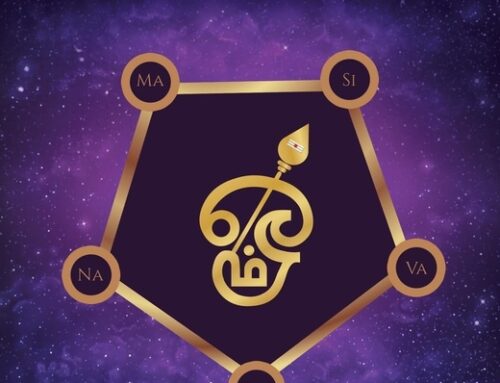
A masterful retelling of a lesser-known myth, Orpheus Rising by Lance Lee places a striking modern lens on the timeless struggles of self-control, sacrifice, grief, and acceptance.
John is a stymied writer who shares a small house with his son, Sam, along with sharing a deep and pervasive emptiness – his wife, Sam’s mother, Madelyn, was taken too soon. However, when a mysterious self-writing book arrives at their door, one that allows them to dictate their dreams, or even bring them to life, the story opens up into a uniquely imaginative world.
After entering the realm of Sam’s imagination, they encounter an Edwardian elephant with a smoking habit, a sharp tongue, and riddles aplenty for the pair to unravel. It also becomes clear that Madelyn’s disappearance may have been magical in nature, and Sam becomes determined to be reunited with the mother he hardly remembers. Thus begins an epic quest over land and sea that will test both John and Sam, as they fearlessly write their own future.
The relationship between father and son is one with endless nuance to explore, as is the internal relationship of a widower embarking on a potentially futile quest, and there a deeply emotional throughline permeates this story. Capturing the authenticity of stoicism is a challenge, especially without making John into a stereotypical, bitter father figure, but Lee embraces John’s cracks and flaws, his self-doubt, and guilt. The vulnerability of the central characters, and the honesty that spills so easily between them, bring the powerful themes of this remixed myth into sharp focus. Open communication, placing trust in others, finding hidden strengths, and facing long-buried fears are just some of the messages painting these pages.
Artfully decorated with evocative etchings, or linocuts, the formatting, title, style, and execution of the book make it all the more moody and enigmatic, though the cover could be stronger. From simple silhouettes to more intricate pieces, the illustrations inside casually demand a reader take a second or even third look. The writing reflects this same allure, as Lee is playfully experimental with the prose, unafraid to bend conventionality in both language and format: “Sam’s, brighter, seemed troubled by some puzzle he couldn’t solve or forget. It was impossible to say whether they echoed the land, or the land them.” Sometimes this stretches the rules of grammar a bit too far, but an author who painstakingly crafts so many lines, imbuing them with lyricism and rhythm, deserves to have his words read slow, like poetry, regardless of whether the target audience is young readers.
That said, there are some short and choppy sections of narration, often in the midst of more action-packed sequences, that don’t carry the same polished weight. These weak points are infrequent but tend to occur when scenes start to drag in pace, or when conversations become redundant. Lee generally does an excellent job of keeping pace with the wild speed of a child’s imagination, but some additional tightening could make the flow even better.
All told, Orpheus Rising is a uniquely imagined and visionary work of fiction. The multilayered messaging, the blurring between dream and reality, and the endless creativity on bold display make this mytho-magical novel a pleasure to read for children and adults alike.
Book Links
STAR RATING
Design
Content
Editing
Get an Editorial Review | Get Amazon Sales & Reviews | Get Edited | Publish Your Book | Enter the SPR Book Awards | Other Marketing Services























Leave A Comment